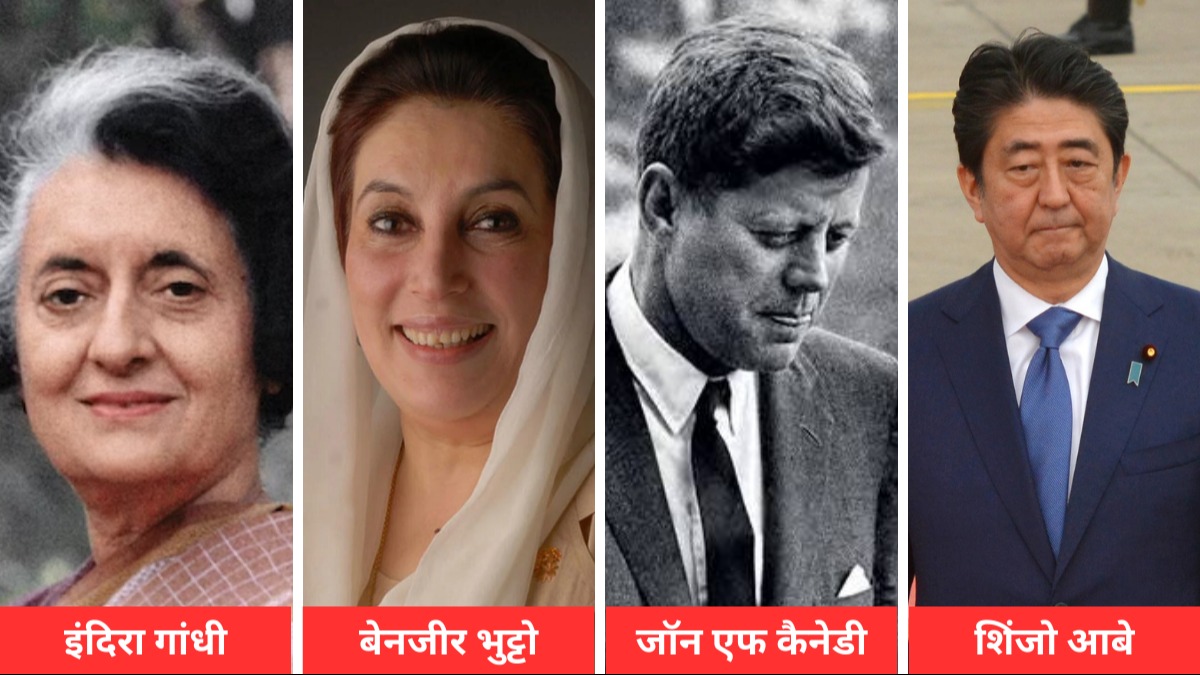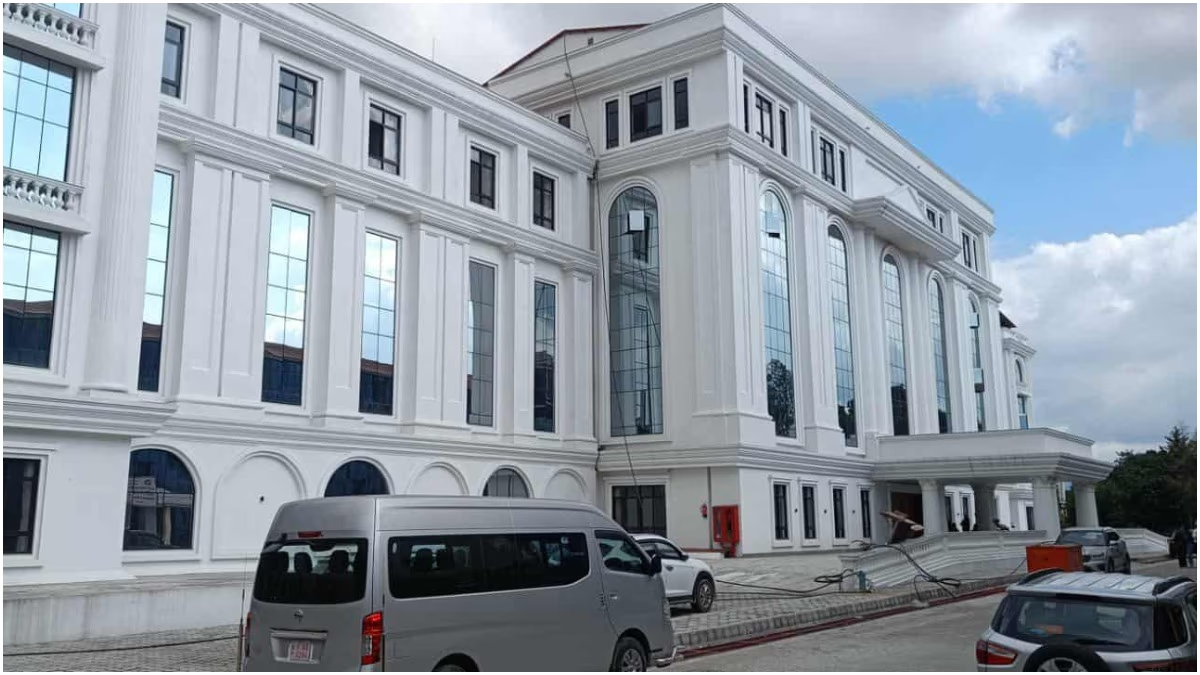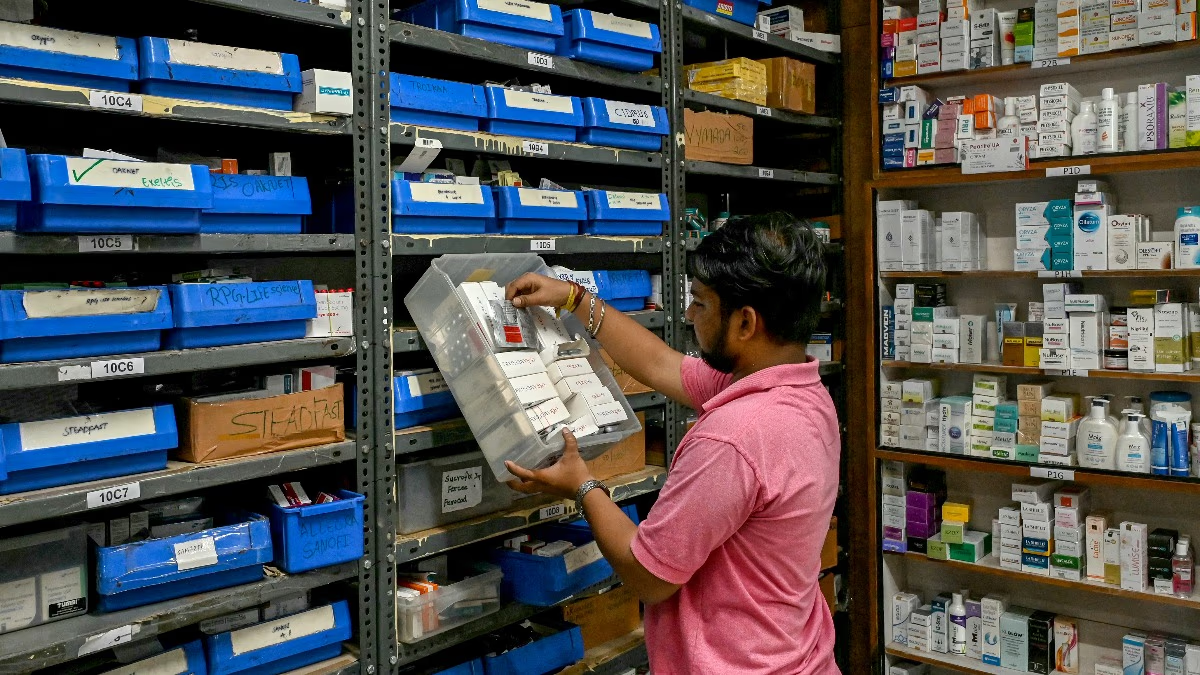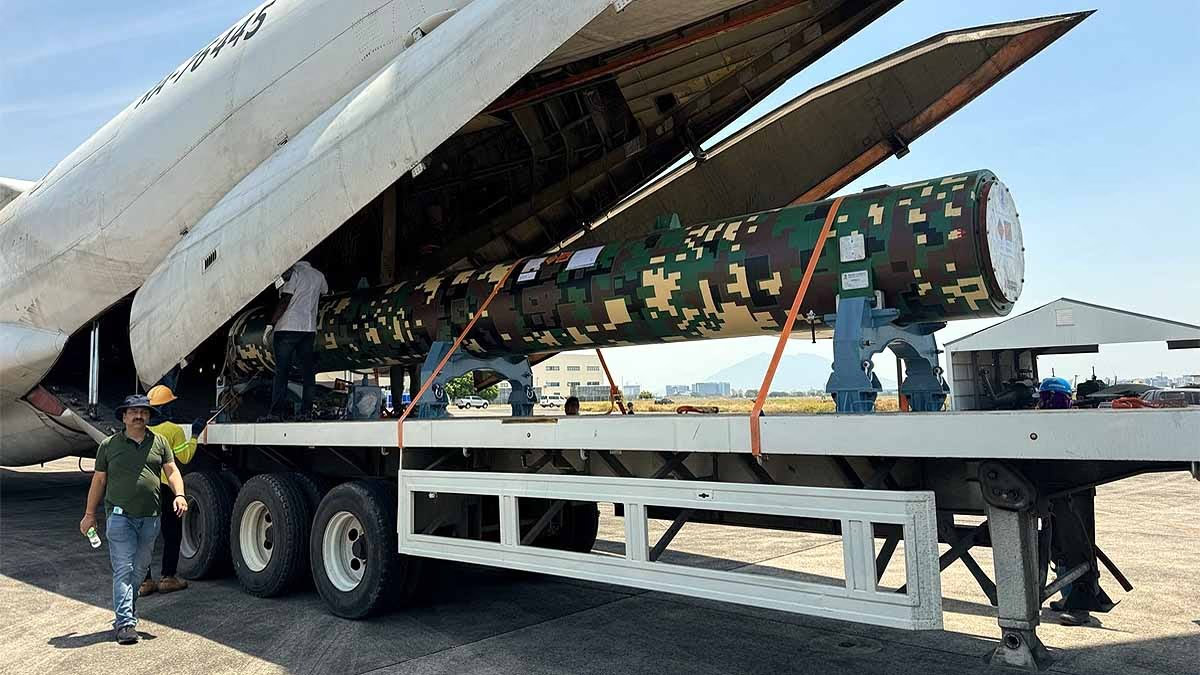The Prime Minister of Slovakia, a landlocked nation in Central Europe, has been the target of a life-threatening assault. PM Robert Fico was shot and remains in grave condition. This act of violence in a typically peaceful European country has shaken the global community. Nations from the USA to Japan and Russia to France are all condemning the attack.
This incident is not isolated; previously, leaders from India to Pakistan and Japan to the USA have endured similar assassination attempts. Let us revisit some of the moments when prime ministers and presidents were targets.
Indira Gandhi
Speaking of attacks on national leaders, let us start with India. India's former Prime Minister Indira Gandhi was also assaulted in a similar fashion. On October 31, 1984, she was assassinated by her two bodyguards, Beant Singh and Satwant Singh. The assailants were disgruntled by Operation Blue Star.
Rajiv Gandhi
After Indira Gandhi, her son and former Prime Minister of India, Rajiv Gandhi, also fell victim to a deadly attack, leading to his demise. Rajiv Gandhi during his tenure as prime minister had deployed peacekeeping forces to Sri Lanka, which angered the Tamil militant organization Liberation Tigers of Tamil Eelam (LTTE). On May 21, 1991, in Sriperumbudur, near Chennai, LTTE executed a suicide attack on him, which took his life.
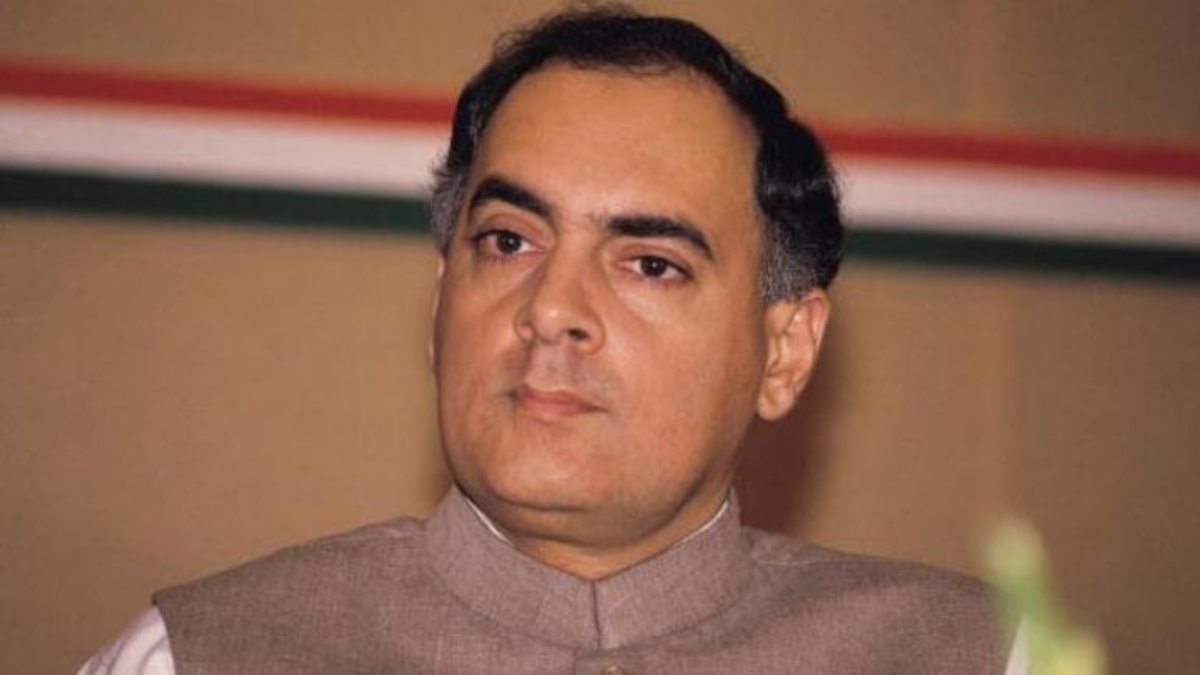
Source: aajtak
Liaquat Ali Khan
In neighboring Pakistan, Prime Minister Liaquat Ali Khan was assassinated on October 16, 1951. He was addressing a rally in Rawalpindi's Company Bagh when he was shot. An intriguing fact is that the attacker targeted him from a location reserved for intelligence officers.
Benazir Bhutto
Pakistan is no stranger to controversial casualties of its leaders. Following Liaquat Ali Khan, Benazir Bhutto, Pakistan's first female prime minister, was also killed on December 27, 2007. She was targeted in Rawalpindi during an election campaign. After addressing a rally, she was returning home when the attacker came near and shot her. The assassin then detonated a bomb, killing himself in the process.
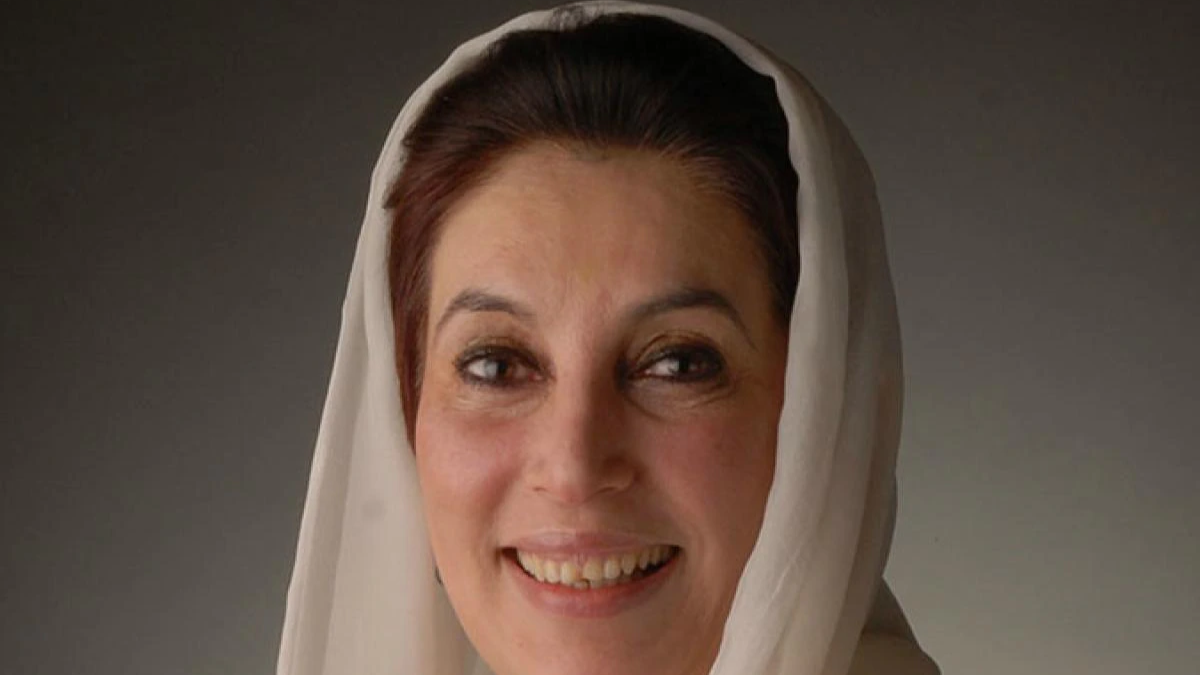
Source: aajtak
Sheikh Mujibur Rahman
In Bangladesh, the political climate has been tumultuous since its establishment (March 26, 1971). Sheikh Mujibur Rahman, who played a pivotal role in Bangladesh's independence, was killed on August 15, 1975, along with his family. His two daughters who were abroad at the time, survived the attack. The current Prime Minister of Bangladesh, Sheikh Hasina, is Mujibur Rahman's daughter.
Shinzo Abe
Japan's former Prime Minister Shinzo Abe also died on July 8, 2022, due to an assault. During a rally in Nara, an attacker shot at him, with one bullet going through his chest and another hitting his neck. Abe collapsed on the street and was rushed to the hospital, but his life couldn't be saved. The assailant revealed his discontent with Abe over certain issues.
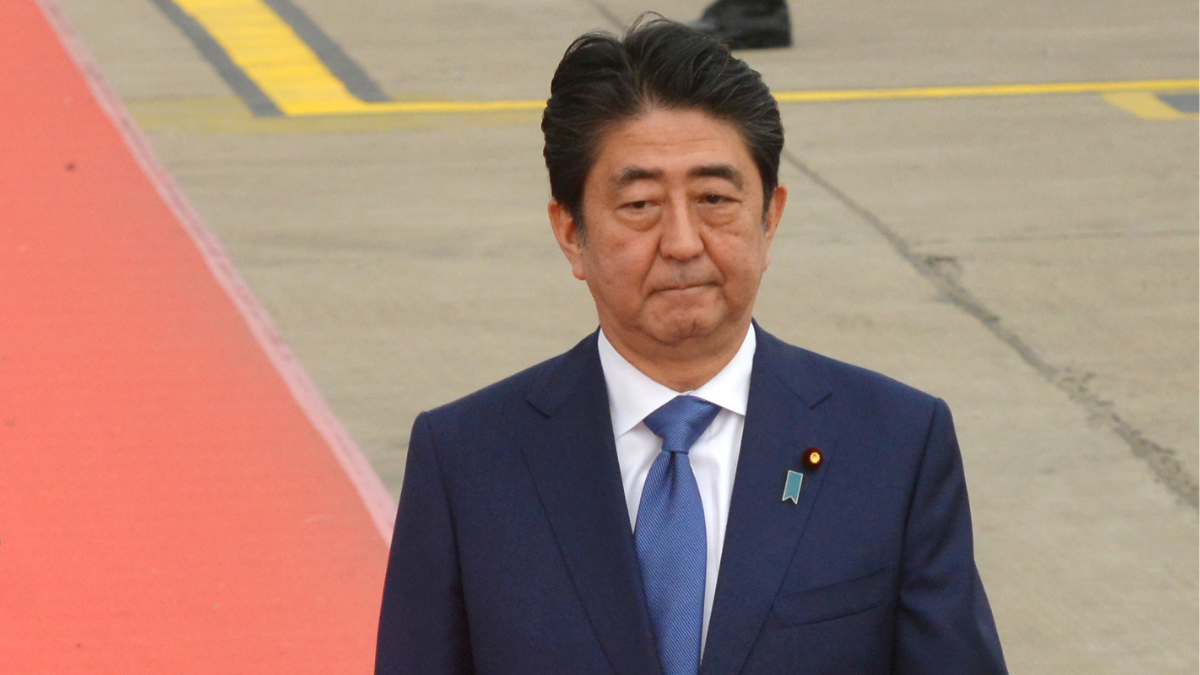
Source: aajtak
John F. Kennedy
Even the developed nation and self-proclaimed world leader, the USA, is not immune. The 35th President of the U.S., John F. Kennedy, was assassinated on November 22, 1963. Oblivious to the impending danger, Kennedy was traveling in his open car when the attacker shot him. However, two days later, one of Kennedy's supporters killed the assailant.
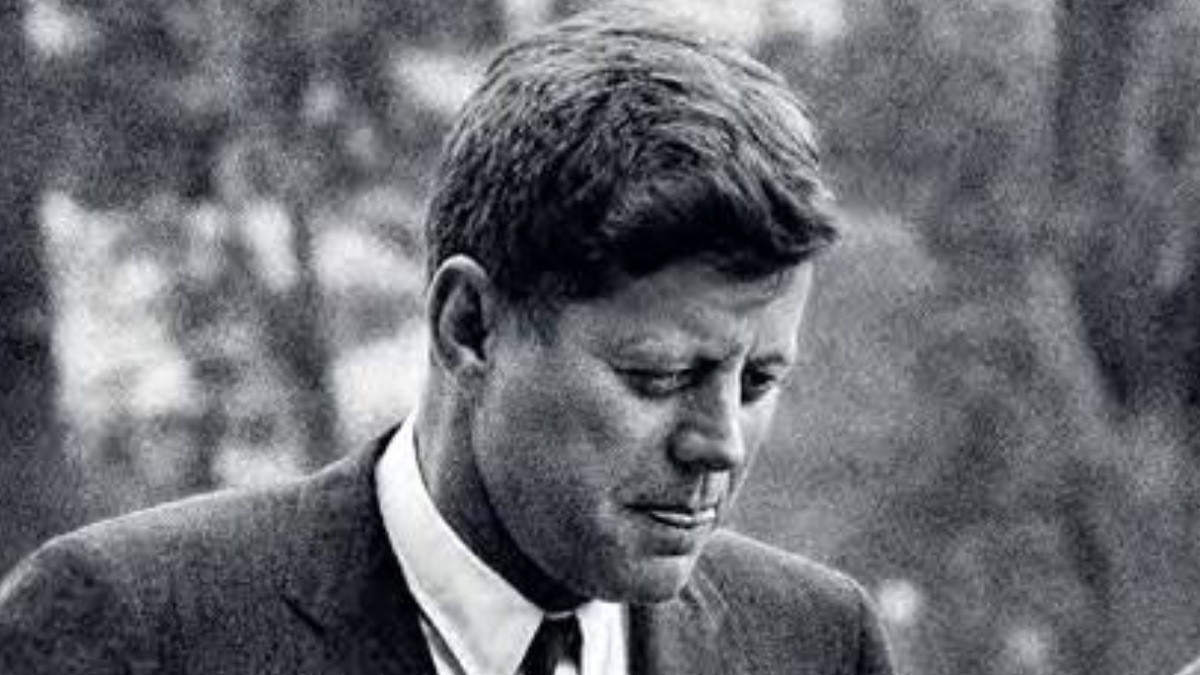
Source: aajtak
Ranasinghe Premadasa
Sri Lanka, a neighbor of India, is also not free from violence against nation heads. The country's third president, Ranasinghe Premadasa, was killed in a suicide attack on May 1, 1993. The same LTTE that targeted former Indian PM Rajiv Gandhi was responsible for his assassination. Premadasa was conducting a rally in Colombo when the attack took his life.
